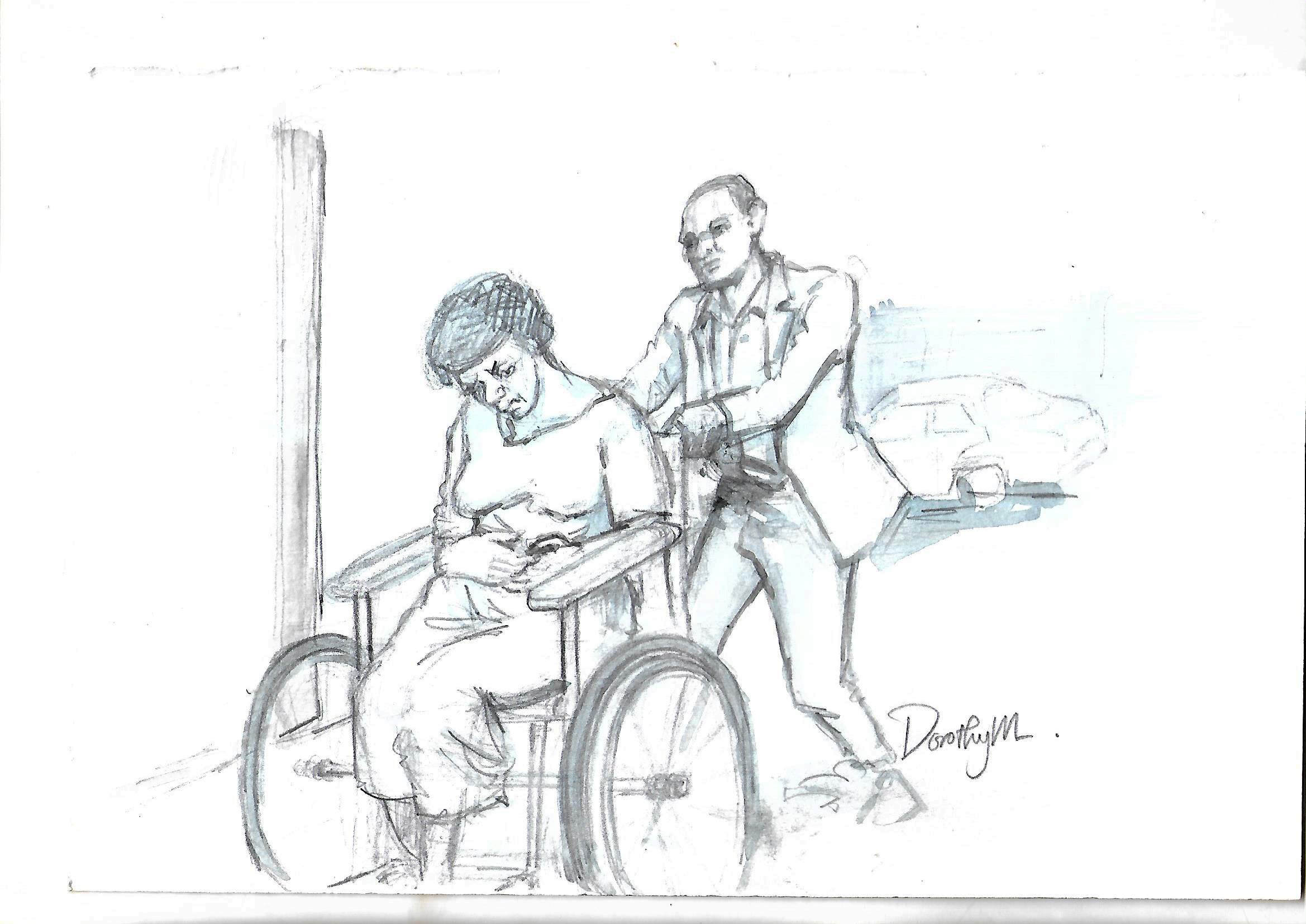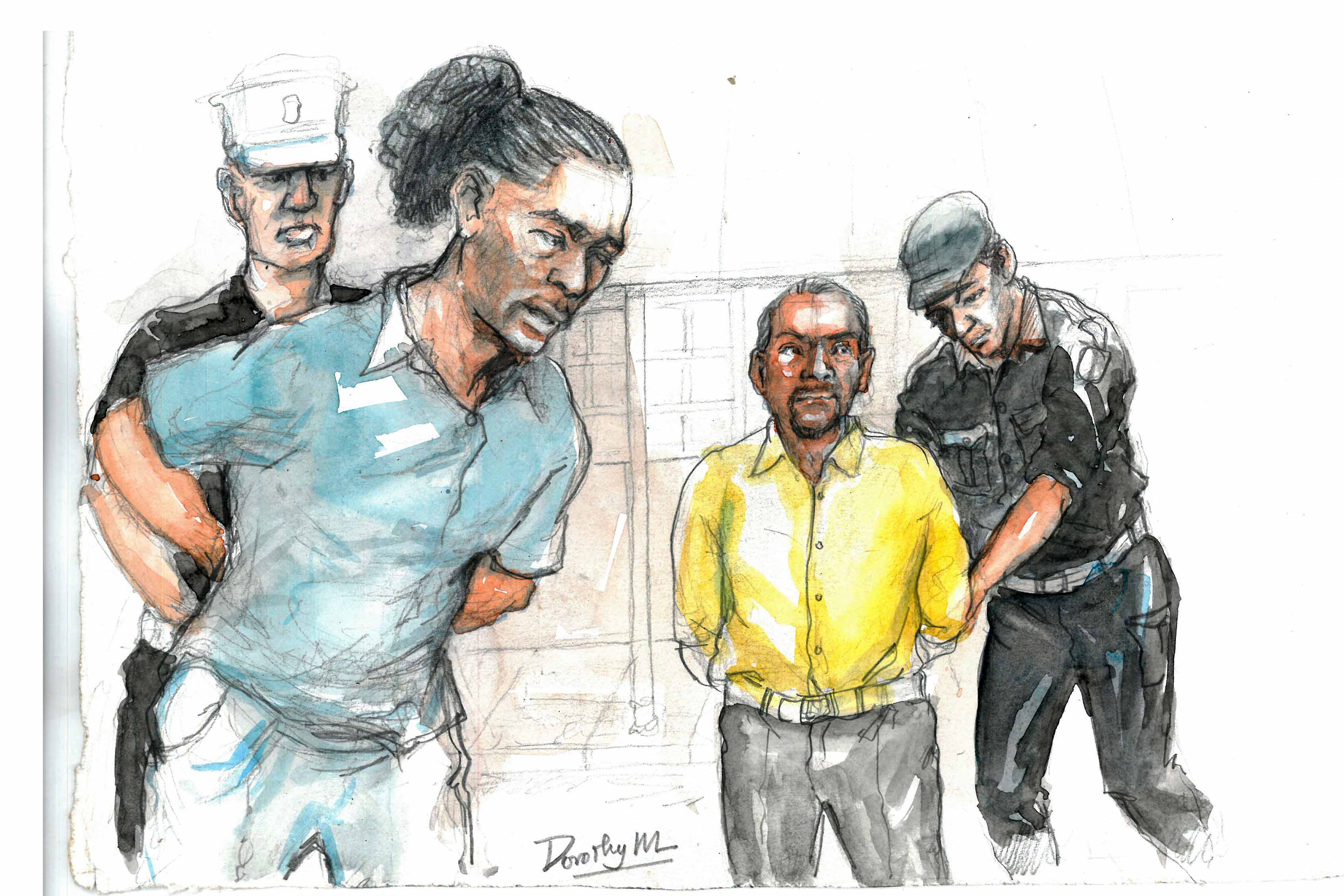Prime
Witnesses pin surgeon

What you need to know:
- The urine of the patient should have been examined as well as her pads and any signs of leakage of any fluids or abnormal discharges before she was allowed to leave hospital.
On September 15, 2012, Mrs Jonas, a 49-year-old school teacher, with a Bachelor’s degree in Special Education, underwent a surgical operation to remove her uterus at a government hospital.
She had been diagnosed with uterine fibroids and a hysterectomy was the best treatment option given to her to manage her condition.
Risk
She consented to the operation but apart from being told that she would not be able to have children, no other risks of the operation were explained to her.
Ten days after the operation she started leaking urine continuously and she was told that one of her ureters and her bladder had been injured in the course of the operation.
Leakage control
A catheter was inserted into her to control the leakage. She was also given heavy duty pads and diapers to manage her condition, which pads and diapers she had to change frequently.
She also had to endure a stench of urine about her which in fact destroyed her marital relationship. She had to seek for specialised treatment in South Africa to repair the fistula.
Medical negligence
After the repair she instituted a civil case of medical negligence against the Attorney General seeking damages of about Shs600m.
Mrs. Jonas called three witnesses to support her case and these were her sister, a Clinical Psychologist, and a Professor of Obstetrics and Gynaecology.
The patient’s sister told court that she was informed by her sister about the medical operation and even visited her during her hospitalisation.
The doctors, however, gave her scanty information in respect of her sister’s progress.
She was later informed by one of the doctor’s that the fluid that was leaking out of her sister was water that had collected in the hole where the uterus had been and that the condition would heal by itself.
Court hearing
Mrs. Jonas’ sister told court that after her sister was discharged from hospital, she continued to give care and look after her.
The patient was physically challenged to move freely because of the catheter that was inserted into her.
The patient also had to change diapers frequently. She changed the patient’s bed linen on several occasions and further provided counselling to her sister as she had become a recluse as a result of her condition.
The patient suffered emotional stress and developed high blood pressure which resulted into a minor stoke.
It was because of the emotional stress that a private psychiatrist had to attend to her.
Witness account
The Clinical Psychologist told court his area of specialty was mental health and that mental health assessment was done through interviews with patients as well as reviewing their medical records.
In this particular case he carried out two interviews with the patient and also reviewed her previous medical records.
To him the patient suffered from mental anguish following the surgery she underwent.
The patient was socially withdrawn, lacked confidence and suffered from depression. The root cause of the patient’s mental illness were the result of the urinal incontinence, a direct complication of the surgery, and this caused an abrupt change of her style, resulting in loss of her dignity.
The Professor of Obstetrics and Gynaecology testified via a video link.
According to him, a patient with fibroids, who is due to undergo a hysterectomy operation, needs to be thoroughly assessed and to ascertain if there are no alternatives to hysterectomy, considering that such an operation is a major one.
For a patient to undergo hysterectomy, such a patient ought to have been in optimal good health and should have had acceptable levels of haemoglobin and electrolytes, with a normal functioning kidney and should not have been suffering from any chronic illness such as high blood pressure or diabetes.
If such conditions are excluded, then an examination of the cervix would then be undertaken by means of a pap smear to exclude the presence of cancer.
Tests
The Professor told court that before a hysterectomy in a patient with fibroids, there is need to access the fibroids as well as the uterus an ultrasound scan is a recommended test to this effect.
The results of all these tests would then be documented in writing in the patient’s file.
And depending on the size of the uterus, then the surgeon would then decide how the operation should be carried out.
The Professor told court that when he reviewed the patient’s records, they were incomplete and had been poorly maintained by the doctors who attended to her.
There were no results for the tests ordered for or done, there was no record of the examination of the cervix for cancer and the surgery itself did not have medical notes.
There was no mention of the names and qualifications of the doctor who carried out the surgery.
To the expert a medical operation of this nature needed to be performed by a surgeon with the right medical qualification and experience and the surgeons particulars needed to have been recorded in the operation notes.
The Professor was horrified that the patient was discharged from the hospital after two days and without a thorough assessment of the patient after the surgery.
The urine of the patient should have been examined as well as her pads and any signs of leakage of any fluids or abnormal discharges before she was allowed to leave hospital.
The surgeon who operated on the patient should also have endeavoured to review the patient at the time of removal of the stitches.
To be continued
Dr Sylvester Onzivua
Medicine, Law & You




